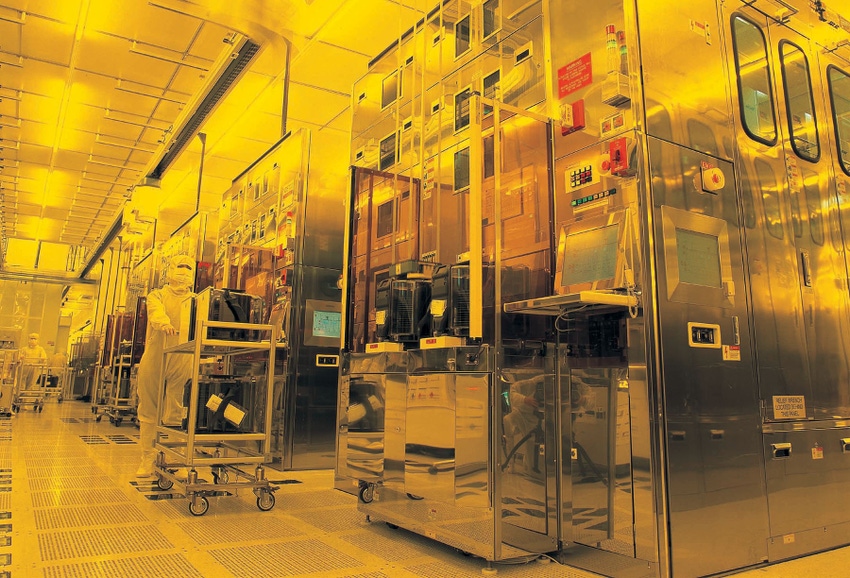May 16, 2020

At a time when local supply of chips is on the national agenda
The world’s largest contract manufacturer of semiconductor chips plans to expand in the US.
Taiwan Semiconductor Manufacturing Co (TSMC) said that it would spend around $12 billion on an advanced chip factory in Arizona, the culmination of years of the US government efforts to reduce the country's reliance on imported processors.
Arizona Semiconductor Manufacturing Co
Construction on the semiconductor foundry is planned to start next year, with 5 nanometer chip production expected for 2024. The company claims that the plant will create as many as 1,600 jobs, and will have the ability to build 20,000 silicon wafers per month.
"This deal bolsters U.S. national security at a time when China is trying to dominate cutting-edge tech and control critical industries," US Secretary of State Mike Pompeo tweeted.
Back in October 2019, the chairman of TSMC told the New York Times that he had been in discussions with the US government over opening a new factory in the country, but said that it was significantly more expensive to operate in America than Taiwan.
It is not clear what subsidies and tax breaks TSMC has been offered as part of the Arizona deal.
The company already operates a smaller fab in Camas, Washington, and design centers in both Austin, Texas, and San Jose, California. But the majority of its production still occurs in Hsinchu, 50 miles south of Taipei.
There, TSMC develops chips for companies including AMD, Apple, Qualcomm, and Nvidia. One company it doesn't supply, at least anymore, is Huawei.
As part of ramping up restrictions levied against the Chinese telecoms giant, the US is looking to require foreign firms that use American chip equipment to apply for a license before selling to Huawei.
Huawei has been shifting its orders to Shanghai-based chipmaker SMIC as a result, analysts at Jefferies claim. Through its subsidiary HiSilicon, Huawei operates its own semiconductor company, but does not actually build the chips.
The US is pursuing other chip manufacturers, out of concern that so many are built in China, or within China’s sphere of influence. In particular, the US is thought to be wooing Intel - which already has a significant US manufacturing presence - to build its next factory in the states.
About the Author(s)
You May Also Like
.jpg?width=700&auto=webp&quality=80&disable=upscale)
.jpg?width=700&auto=webp&quality=80&disable=upscale)
.jpg?width=700&auto=webp&quality=80&disable=upscale)
.jpg?width=300&auto=webp&quality=80&disable=upscale)
.jpg?width=300&auto=webp&quality=80&disable=upscale)
.jpg?width=300&auto=webp&quality=80&disable=upscale)
.jpg?width=300&auto=webp&quality=80&disable=upscale)
.jpg?width=300&auto=webp&quality=80&disable=upscale)